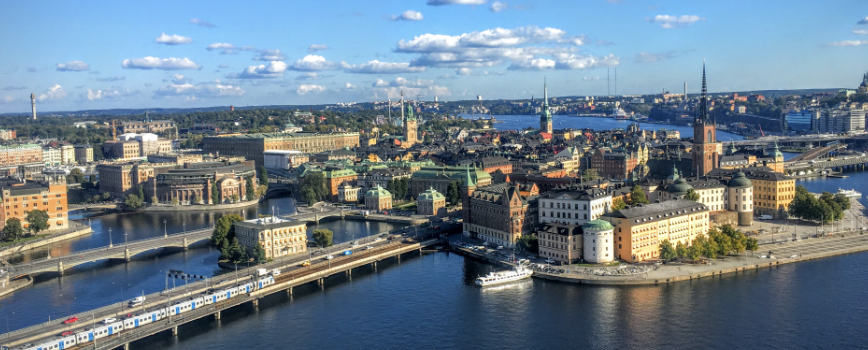Earlier in the fall, six Nobel Prizes were awarded to honorees for their excellence in Physics, Chemistry, Medicine or Physiology, Literature, Peace, and Economics. In the last article, we discussed the winners of the three science-focused awards (physics, chemistry, and medicine). Now, we’ll introduce the other three winners of these prestigious honors.
Han Kang was presented with the Nobel Prize in Literature. Although she began writing as a poet, Kang now mainly produces short stories and novels. Her work primarily focuses on historical traumas, including themes on the soul and death. By demonstrating the weakness and vulnerability in human life, she connects with her audience and evokes strong emotional responses to her writing. One of her most famous works, The Vegetarian, is the first section of a three-part series that explores the life of a woman who suddenly begins to abstain from meat after dreaming about animal cruelty. Her novel also explores themes of feminism and women’s rights to choice.
The 2024 Nobel Peace Prize was awarded to the Japanese organization, Nihon Hidankyo. Founded by survivors of the US’ atomic bombing on Japan in World War II, known as Hibakusha in Japan, this grassroots movement expanded into a national movement, forming the Japan Confederation of A-Bomb and H-Bomb Sufferers Organizations, also known as Nihon Hidankyo. By connecting with Hibakusha, the group promotes the rights and well-being of survivors, advocating for the abolition of nuclear weaponry to prevent future catastrophes and mass destruction.
The Sveriges Riksbank Prize in Economic Sciences was granted to Dr. Daron Acemoglu, Dr. Simon Johnson, and Dr. James Robinson. In their research, they discussed the roles that societal institutions affect the prosperity of a society’s citizens. They utilized colonial societies as an example, comparing the implementation of inclusive versus extractive institutions on the community’s development. Those with inclusive forms tended to foster economically stable and growth-focused populations while those with extractive establishments that focused on gain for a small group of people in power had overall detrimental effects on the society’s long-term development. By providing insight into why and how various areas may develop differently, their work allows us to better combat wealth inequality and economic disadvantages.
This year, the Nobel Prizes will be physically presented to the winners on December 10th, 2024, where they will also receive their prize amounts of 11 million Swedish krona or about 1 million USD. What great accomplishments and contributions will they and future winners achieve next?

































